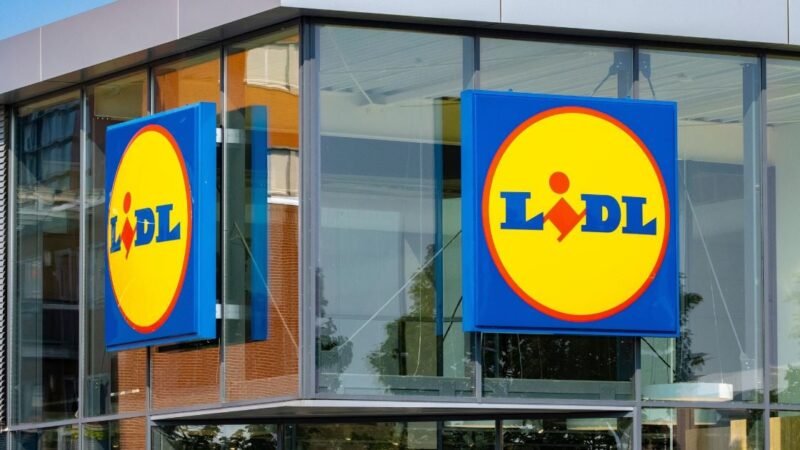En a context marked by a rise in energy prices, many French households are turning to more economical heating options. Traditional pellet heating, often perceived as an eco-friendly alternative, now faces a more cost-effective method: heating with wood pallets. Although this solution offers very attractive prices, it still requires certain precautions to be adopted safely.
The increase in energy prices has led a large number of French households to rethink their heating methods. According to data collected by MySweetmoMmo, 73% of households have already reduced heating to limit expenses. This situation stems from a sharp increase in bills; According to Hellowatt figures, 74% of households experienced a rise in electricity costs, while 66% saw an increase in gas costs.
In this economically challenging atmosphere, heating with wood pallets emerges as an attractive cost-effective solution. Indeed, while electric heating costs an average of approximately 1,887 euros per year for a typical house, using wood pallets can reduce costs by between 200 and 500 euros per year. This significant price difference contributes to the development of this alternative.
Furthermore, it is possible to further enhance these savings by obtaining pallets for free, an opportunity often available to everyone. By turning this waste into a resource, consumers can benefit from reduced heating costs. However, it is imperative to exercise caution, as not all pallets are suitable for safe use as fuel.
The selection of pallets is a crucial element to ensure safe and environmentally friendly heating. Specialists recommend favoring HT (heat-treated) pallets. This label ensures that they have been processed only through a thermal process aimed at eliminating parasites, without adding hazardous chemicals.
According to recommendations from the Ministry of Agriculture, these HT pallets are entirely suitable for internal use. Pallets bearing EPAL or EUR marks, which comply with current conventional standards in Europe, also represent a safe option for fueling stoves and fireplaces.
On the other hand, some pallets should be avoided. Those bearing the MB (Methyl Bromide) mark are particularly problematic. This type of treatment with methyl bromide has been banned in Europe since 2015 due to its high toxicity. According to Avenue du Bois, burning these pallets would release harmful smoke that can lead to serious respiratory problems.
Additionally, it is advisable to steer clear of colored pallets. Vibrant colors like blue and green may indicate chemical or phytosanitary treatments that are incompatible with combustion. The health risk is significant for both users and the environment.
In the uncertain future of wood heating, less polluting options seem to be replacing more traditional methods, remaining financially accessible for the French in question.
To make the most of the savings offered by pallet heating, various sources of free supply should be explored. Construction sites, supermarkets, hardware stores, or logistics depots often dispose of used pallets, allowing for free supply.
When reclaiming these pallets, a careful inspection of the markings is essential. This prevents the use of pallets that have undergone chemical treatments, which can pose a danger to health and the ecosystem. According to experts at Nortyn Energy Wood, burning treated pallets can release toxins that contaminate indoor and outdoor air.
The environmental dimension of this practice should not be underestimated. While pallet heating is an attractive cost-effective alternative, its ecological impact varies significantly depending on the type of pallets chosen. Chemical-free pallets are part of the circular economy approach, emphasizing waste reduction in the industry.
From an economic standpoint, this alternative heating choice could be significant. In a context of constantly rising energy prices, this method allows many households with limited resources to maintain a certain thermal comfort without weighing heavily on their finances. The potential cost savings can reach up to 1,600 euros per year compared to conventional electric heating systems.
This shift towards alternative heating methods demonstrates the ability of the French to adapt to challenges related to the energy crisis. By acquiring knowledge about their pallets and adhering to recommended precautions, many households discover an economic and practical response to the current crisis while contributing to the reduction of industrial waste.
What motivates the inclination towards alternative heating methods like wood pallets is the need to adjust behaviors to the surge in energy prices. Current trends show a shift in mindset among French citizens, prompting a reconsideration of traditional solutions as financial issues intensify.
Furthermore, as the need for sustainable solutions becomes apparent, heating with pallets aligns not only with economic considerations but also with ecological values. By using pallets, consumers not only save money but also participate in a broader effort aimed at reducing waste production, thus promoting ecological development.
This dynamic is especially crucial in a country like France, where the renewable energy heritage is strong. The adoption and dissemination of practices such as pallet heating promote a change that could make a difference in the long run to restore a balance between energy needs and environmental conservation.
Finally, whether by choosing appropriate pallets or by the way they are used, it is imperative to evaluate every aspect of this heating method. This ensures not only the safety of users but also contributes to a collective movement towards a more responsible and sustainable energy future.






